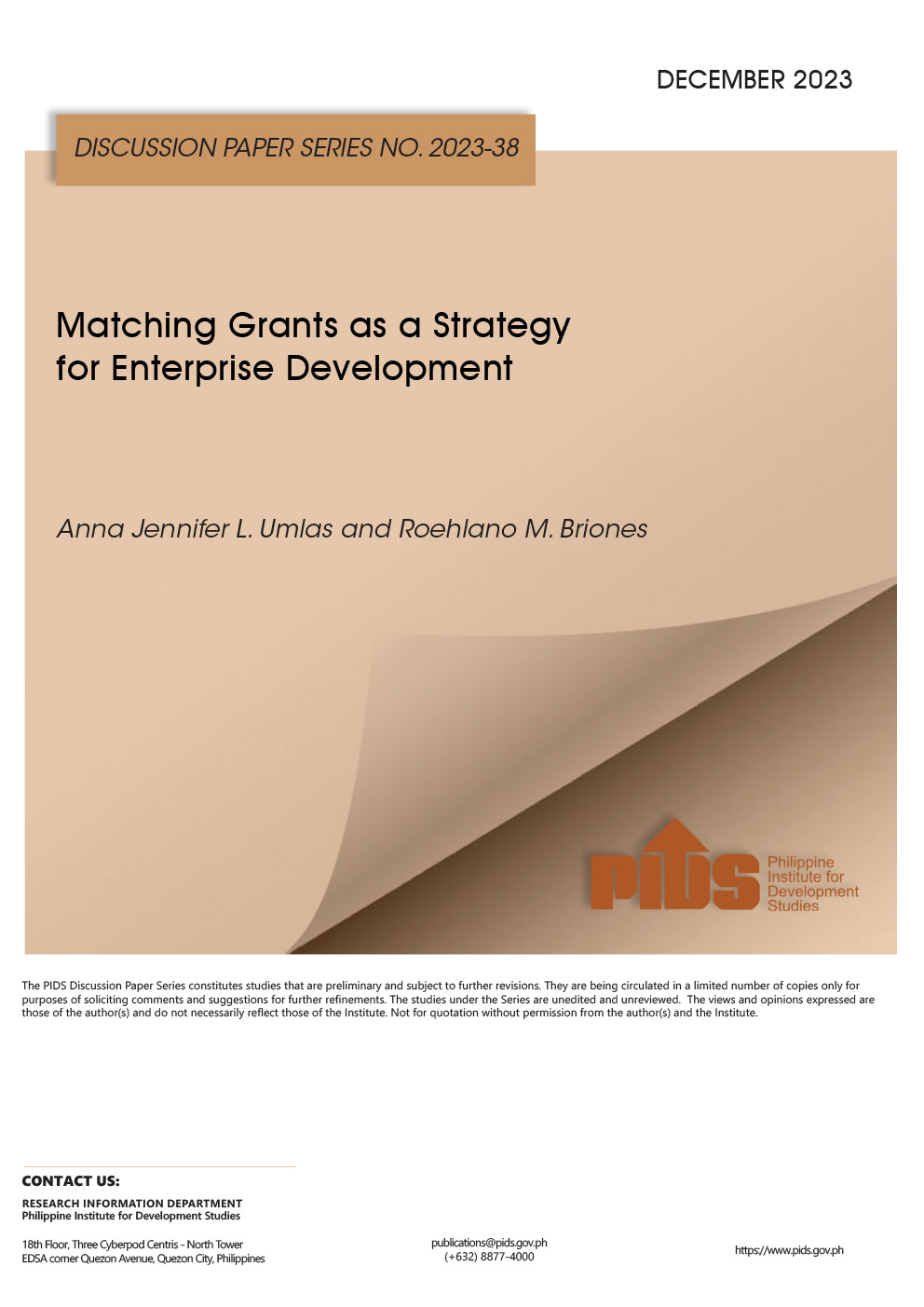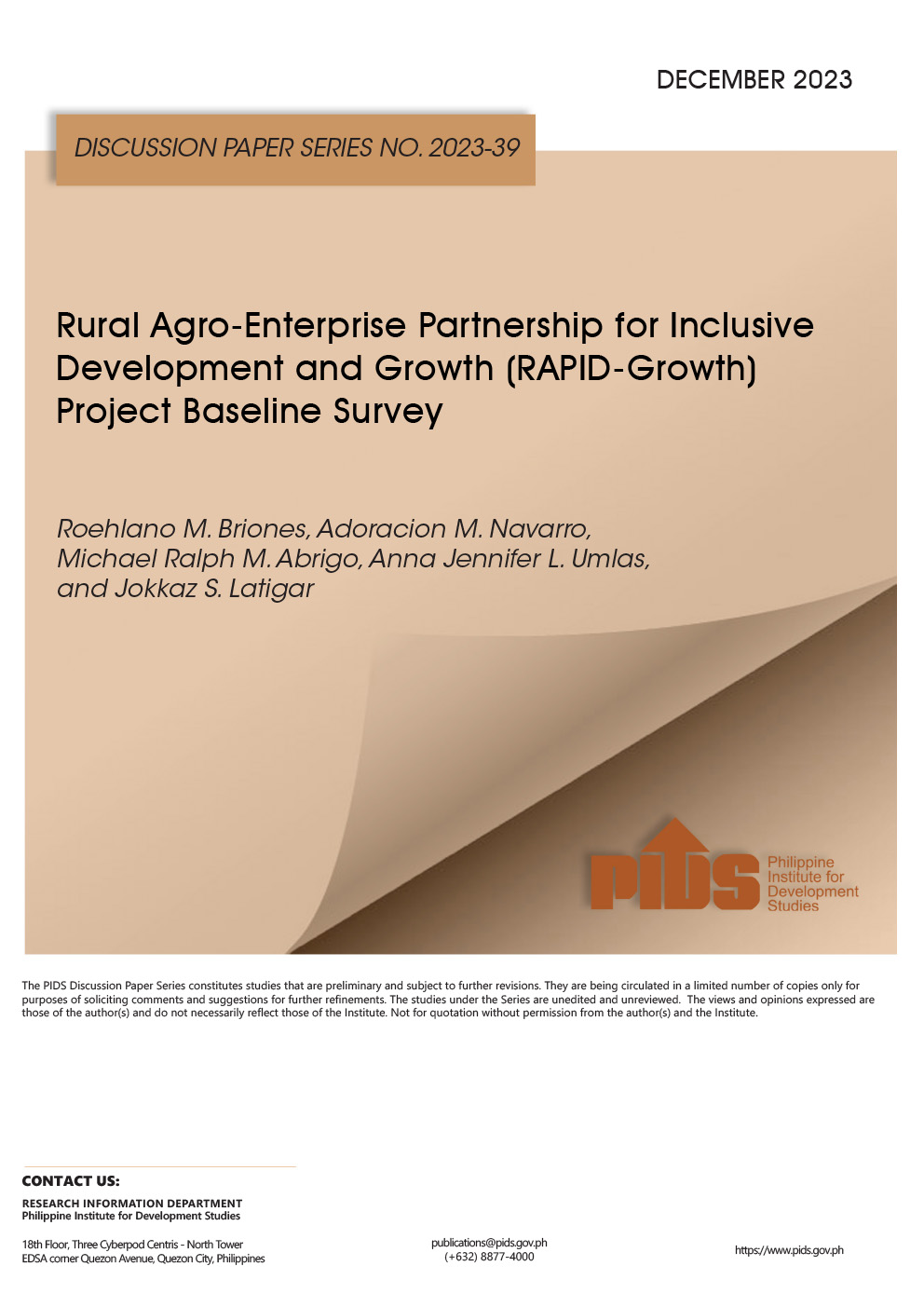ACCORDING to Agriculture secretary William Dar, “so much more” could be done in the agriculture sector if an apt budgetary support would be allocated to the agency, which he claimed was “neglected” in the past years. He is set to propose a P270-billion agriculture budget for 2023 under the incoming Marcos administration.
Come to think of it. We are basically an agricultural country but we import rice and other agri products such as onions, for example. The truth is that Philippine agriculture is “revolutions” behind the absorption of technology, turning it into a laggard in a number of ways, especially in terms of productivity, according to the government think-tank itself.
According to the Philippine Institute for Development Studies, our agricultural sector is still in the “mechanization phase”, generally considered part of the second industrial revolution. On the other hand, several countries across the world are already reaping the fruits of the fourth industrial revolution in their respective agriculture sectors. These include technologies on artificial intelligence that can detect diseases as well as agricultural applications, such as drones used in precision spraying. Biotechnology and synthetic biology are also being employed abroad to improve crops and invent pharmaceuticals.
Given our agricultural sector’s low productivity and supply constraints, these new technologies are important because they could catalyze its growth and attract new investments. These can also be utilized to promote food security, given that a lot of the country’s agriculture lands are being converted to other purposes. They could also provide us with an opportunity to move up the global value chain.
From 2000 to 2017, the agriculture sector, in contrast to manufacturing and services sectors, has slowed down, from 3.2- to 1.4-percent growth rate. This makes the sector the weakest link in the country and should concern the government as the economy of the regions outside Manila is dependent on agriculture.
To improve our farm yield, the government should invest heavily in agriculture, and more specifically in agricultural technologies that boost production. There is no other way.






